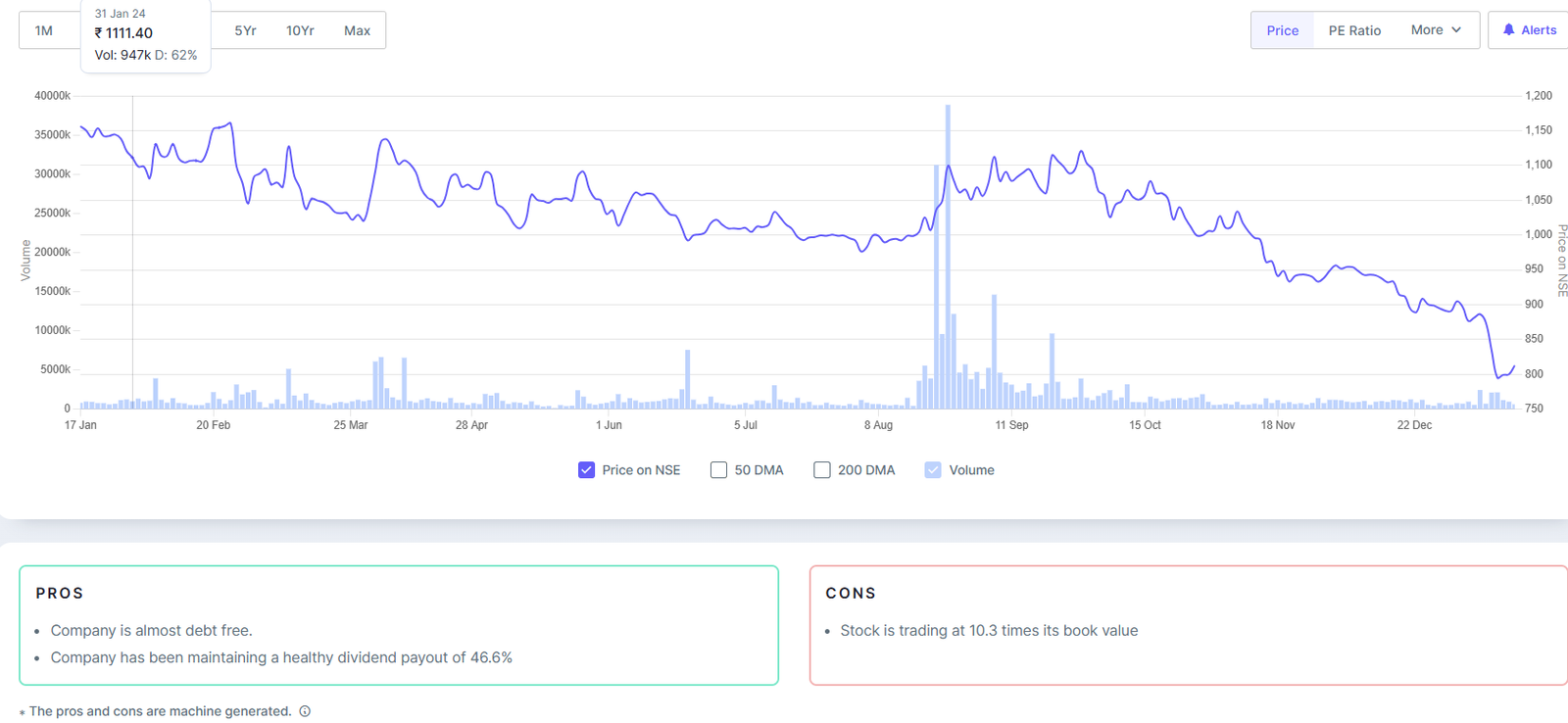Stock Market Investing and Trading
Stock market investing and trading have attracted millions of people around the world. While investing creates long-term wealth, trading offers short-term profit opportunities. Knowing the basics and choosing the right approach can help you confidently navigate the market. This all-inclusive guide breaks down essential strategies, tools, and tips to optimize your stock market journey.
What is Stock Market Investing?
Stock market investing focuses on buying and holding stocks for the long term. Investors analyze a company’s fundamentals, such as revenue, profit margins, and market potential, to make informed decisions. The ultimate goal is to earn returns through stock price appreciation and dividends.
Benefits of Investing:
Compounding Returns: Long-term investments benefit from compounding, where your returns generate further returns over time.
Steady Income: Many companies pay dividends, providing a consistent income stream.
Lower Risk: Compared to trading, investing faces fewer risks mainly because less exposure is faced to market volatility.
What is Stock Market Trading?

Stock trading involves buying and selling stocks within a fairly short period from minutes to months. In stock trading, traders earn quick money by capitalizing on fluctuating prices. There are kinds of traders. They are:
Day Traders: buying and selling the same stock within one day.
Swing Traders: holding stocks for days and weeks where they ride short-term trends.
Scalpers: Several trades in a single day, making small price moves.
Benefits of Trading
Quick Money: Trading means quick profit opportunities.
Liquid Stock Market: You can go long and short as quickly as possible through the stock market.
Flexibility: One can make a profit in rising, falling, or sideways markets.
Key Divergences Between Investing And Trading
Aspect
Investing
Trading
Time Horizon
Long-term years to decades
Short-term minutes to months
Risk
Lower
Higher
Strategy Focus
Fundamental analysis
Technical analysis
Returns
Accretion of wealth over time
Quick returns
Stock Screener:
Find stocks that fulfill your requirements based on valuation, growth, or momentum.
Trading Platform: Utilize platforms such as Robinhood, TD Ameritrade, and Webull to buy and sell stocks.
Market News Platforms: Bloomberg, Reuters, and CNBC are to be kept updated.
Technical Analysis Tools: Use charts and indicators to find trends and even possible movements in price.
Fundamental Analysis Platforms: Using tools such as Morningstar or Yahoo Finance provides access to detailed reports on companies.
Strategies for Stock Market Investing
Value Investing: Focus on undervalued companies with strong fundamentals. Legendary investor Warren Buffett champions this strategy.
Growth Investing: Invest in companies with high growth potential, often in emerging industries such as technology.
Dividend Investing: Target companies with a history of paying reliable and increasing dividends.
Index Fund Investing: Diversify your portfolio by investing in index funds tracking major indices, the likes of the S&P 500.
Stock Market Trading Strategy
Trend Following: Follow the market trends with the use of moving averages and other indicators.
Breakout Trading: Enter trades when the stocks break through the important price levels.
Momentum Trading: Follow the stocks that are highly in movement and volume.
Risk Management: Protect your capital by using stop-loss orders and position sizing.
Common Mistakes to Avoid
Lack of Research: Relying on tips without proper analysis may lead to losses.
Emotional Decisions: Fear and greed can cloud judgment and make poor decisions.
Overtrading: Trading too much incurs higher transaction costs and risks.
Risk Management Ignorance: Not setting stop-loss levels or diversifying results in a lot of loss.
Importance of Learning and Practice
Whether you’re trading or investing, continuous learning is necessary. Here’s how you can improve:
Books: Read the classics like The Intelligent Investor by Benjamin Graham or A Beginner’s Guide to Stock Market by J.L. Collins.
Courses: Enroll in online courses to enhance your knowledge of technical analysis and portfolio management.
Simulated Trading: Use demo accounts to practice trading strategies without risking any real money.
Community Engagement: Join forums, and webinars, and follow reputable market analysts to stay updated on current information.
Tax Implications
Understanding tax implications may help maximize one’s returns. Long-term capital gains result from investments that have been kept for more than a year; they are taxed at a lower rate than short-term capital gains, which originate from trades made within less than a year. Consult a tax professional in structuring investment to be efficient.
The Role of Emotional Discipline
The success in the stock market goes beyond just strategies and tools. Emotional discipline is the key to staying consistent during market ups and downs. Here are some tips:
Set Realistic Goals: Avoid chasing unrealistic returns.
Stick to Your Plan: Follow your strategy regardless of market noise.
Take Breaks: Avoid burnout by stepping away from the screen periodically.
Conclusion
The stock market provides ample opportunities both for investing and trading. Long-term building of wealth or short-term profit generation requires an understanding of basics, proper strategies, and discipline for achieving success in the market. Start low, learn, and be patient while going through the financial course.
Internal link:- a2znew




